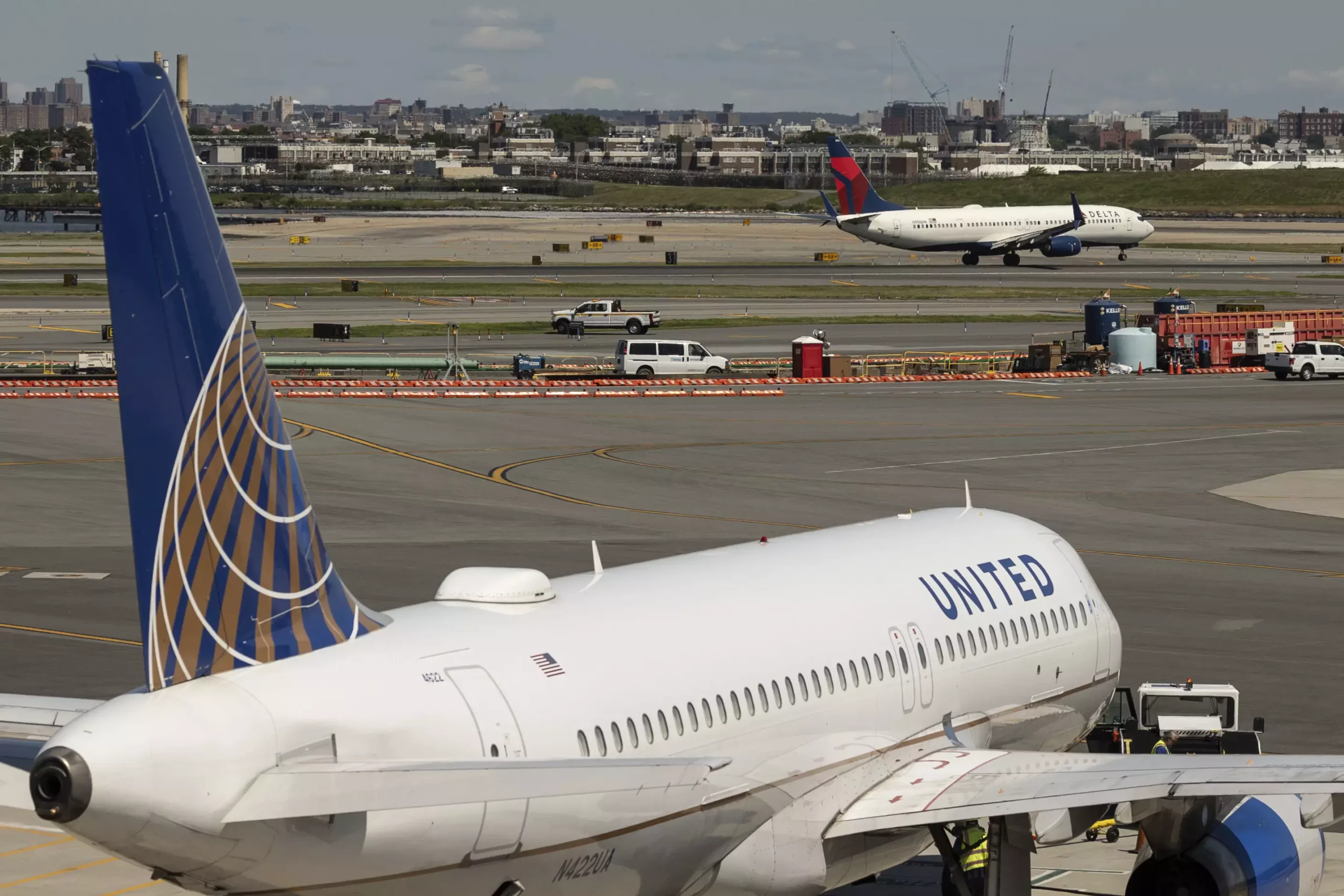Following a faulty software update that caused chaos in the airline industry, carriers, such as Delta Air Lines, have been faced with the arduous task of restoring operations. Despite continuous efforts, airlines have been experiencing difficulties in recovering from the aftermath of the technological havoc. Delta Air Lines, in particular, has been grappling with the impact of the system outage, resulting in a significant number of flight cancellations.
The repercussions of the technological malfunction have been far-reaching, with thousands of travelers being affected by flight cancellations. Delta CEO, Ed Bastian, addressed the situation by acknowledging the disruption caused to customers. With over 3,500 Delta and Delta Connection flights canceled, travelers have been left stranded and inconvenienced by the abrupt halting of operations. Bastian expressed his regrets, extending apologies to every individual impacted by the events.
The U.S. Department of Transportation has stepped in to address the high number of cancellations by reminding Delta Air Lines of its obligations to affected passengers. Secretary Pete Buttigieg emphasized the importance of providing refunds to travelers whose flights were canceled and who opt not to be rebooked. Additionally, the Department has called for free rebooking, timely reimbursements for expenses incurred, and efficient customer service assistance for all affected passengers. Buttigieg emphasized the need to prevent passengers from being stranded at airports or having prolonged waiting times for customer service support.
The widespread disruption caused by the technological failure serves as a stark reminder of the vulnerability of airlines to system malfunctions. It underscores the importance of robust IT infrastructure and contingency plans to mitigate the impact of such incidents. The incident also highlights the critical role of transparency and effective communication in managing crises within the aviation industry. Airlines must prioritize the well-being and convenience of their customers to uphold their reputation and regain trust in the aftermath of such disruptions.
The recent technological havoc experienced by airlines, particularly Delta Air Lines, serves as a wake-up call for the industry to re-evaluate its IT systems, crisis management protocols, and customer service standards. By learning from this incident and implementing necessary changes, airlines can better prepare for and respond to future challenges, ensuring a smoother and more reliable travel experience for passengers.



Leave a Reply